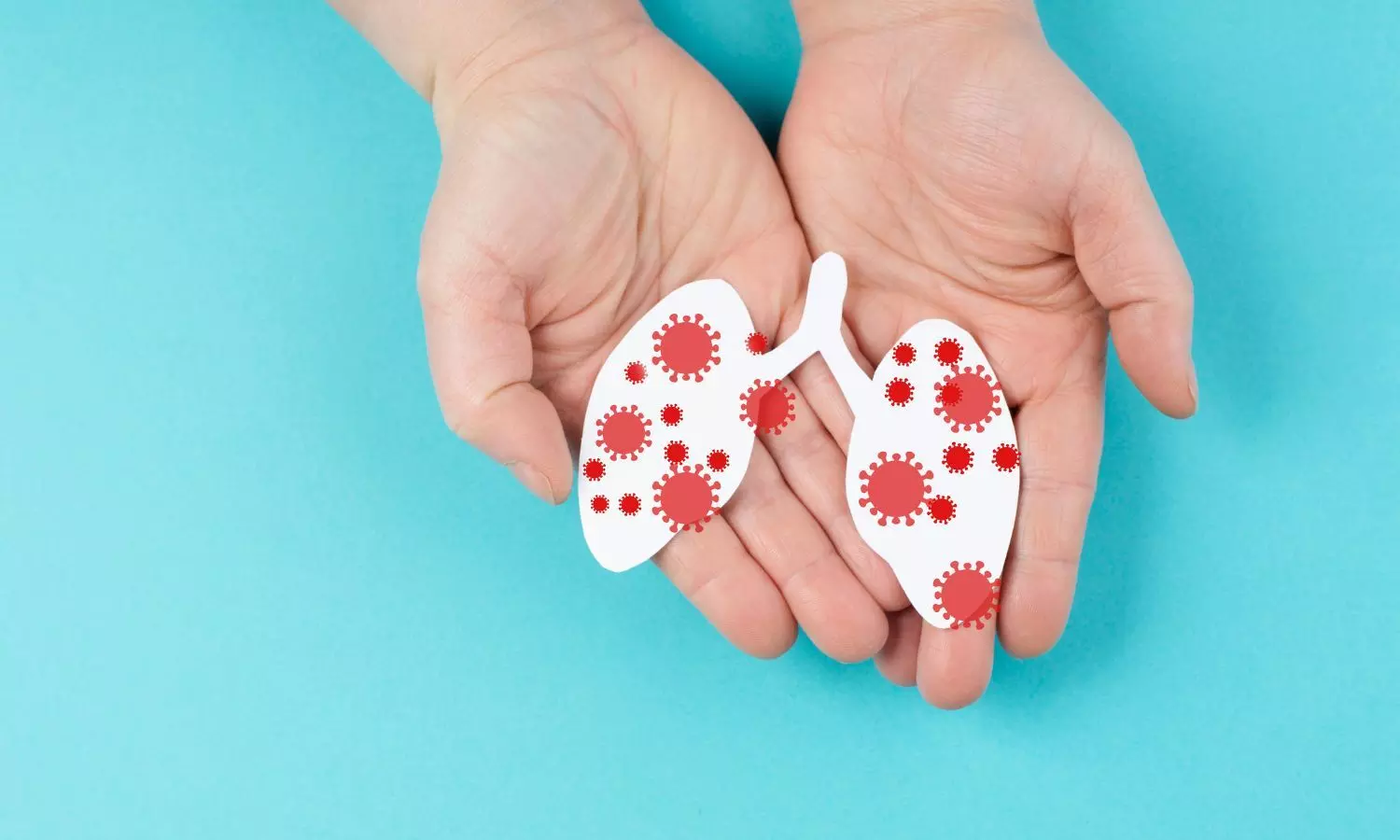- Home
- Medical news & Guidelines
- Anesthesiology
- Cardiology and CTVS
- Critical Care
- Dentistry
- Dermatology
- Diabetes and Endocrinology
- ENT
- Gastroenterology
- Medicine
- Nephrology
- Neurology
- Obstretics-Gynaecology
- Oncology
- Ophthalmology
- Orthopaedics
- Pediatrics-Neonatology
- Psychiatry
- Pulmonology
- Radiology
- Surgery
- Urology
- Laboratory Medicine
- Diet
- Nursing
- Paramedical
- Physiotherapy
- Health news
- AYUSH
- State News
- Andaman and Nicobar Islands
- Andhra Pradesh
- Arunachal Pradesh
- Assam
- Bihar
- Chandigarh
- Chattisgarh
- Dadra and Nagar Haveli
- Daman and Diu
- Delhi
- Goa
- Gujarat
- Haryana
- Himachal Pradesh
- Jammu & Kashmir
- Jharkhand
- Karnataka
- Kerala
- Ladakh
- Lakshadweep
- Madhya Pradesh
- Maharashtra
- Manipur
- Meghalaya
- Mizoram
- Nagaland
- Odisha
- Puducherry
- Punjab
- Rajasthan
- Sikkim
- Tamil Nadu
- Telangana
- Tripura
- Uttar Pradesh
- Uttrakhand
- West Bengal
- Medical Education
- Industry
Nirsevimab effective in preventing hospitalization for RSV associated lower RTI in infants

Respiratory syncytial virus (RSV) is a common cause of lower respiratory tract infection in young children and infants, leading to hospitalization.
According to a study published in the New England Journal of Medicine, Nirsevimab protected infants against hospitalization for RSV-related lower respiratory infections in conditions that approximated real-world settings.
The aim of the study was to establish safety and efficacy of nirsevimab (monoclonal antibody) in preventing hospitalizations for RSV-related lower respiratory tract infections in healthy infants.
Researchers randomly assigned 12-month-old infants or younger, born at least 29 weeks gestational age and entering their first RSV season in France, Germany, or the UK, to receive a single intramuscular injection of nirsevimab or standard care before or during the RSV season.
The primary endpoint was hospitalization for RSV-associated lower respiratory tract infection. The secondary endpoint was a very severe RSV-associated lower respiratory tract infection with an oxygen saturation of less than 90% and the need for supplemental oxygen.
Key points from the study are:
- A total of 8058 infants were randomly assigned: 4037 in Nirsevimab and 4021 in the care group.
- Eleven infants and 60 infants in the nirsevimab and standard-care group were hospitalized for RSV-associated lower respiratory tract infection. This corresponded to a nirsevimab efficacy of 83.2%.
- Very severe RSV-associated lower respiratory tract infection occurred in 5 infants in the nirsevimab group, representing its efficacy as 75.7 %.
- The efficacy of nirsevimab against hospitalization for RSV-associated lower respiratory tract infections in France, Germany, and the UK was 89.6%, 74.2%, and 83.4%, respectively.
- 86 infants in the nirsevimab group experienced adverse events.
Study limitations include short study duration and trial design.
They found Nirsevimab to be protective against hospitalization for RSV-associated lower respiratory tract infections and against very severe RSV-associated lower respiratory tract infections in infants.
Sanofi and AstraZeneca funded the study.
Reference:
Simon B. Drysdale et al. Nirsevimab for Prevention of Hospitalizations Due to RSV in Infants. (n.d.). N Engl J Med 2023; 389:2425-2435
BDS, MDS in Periodontics and Implantology
Dr. Aditi Yadav is a BDS, MDS in Periodontics and Implantology. She has a clinical experience of 5 years as a laser dental surgeon. She also has a Diploma in clinical research and pharmacovigilance and is a Certified data scientist. She is currently working as a content developer in e-health services. Dr. Yadav has a keen interest in Medical Journalism and is actively involved in Medical Research writing.



